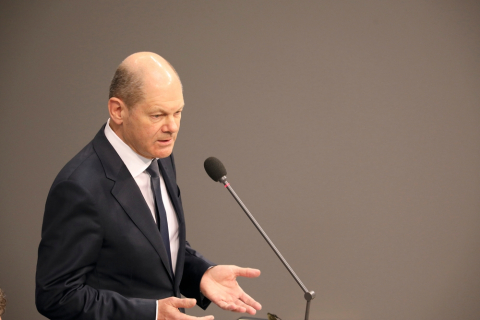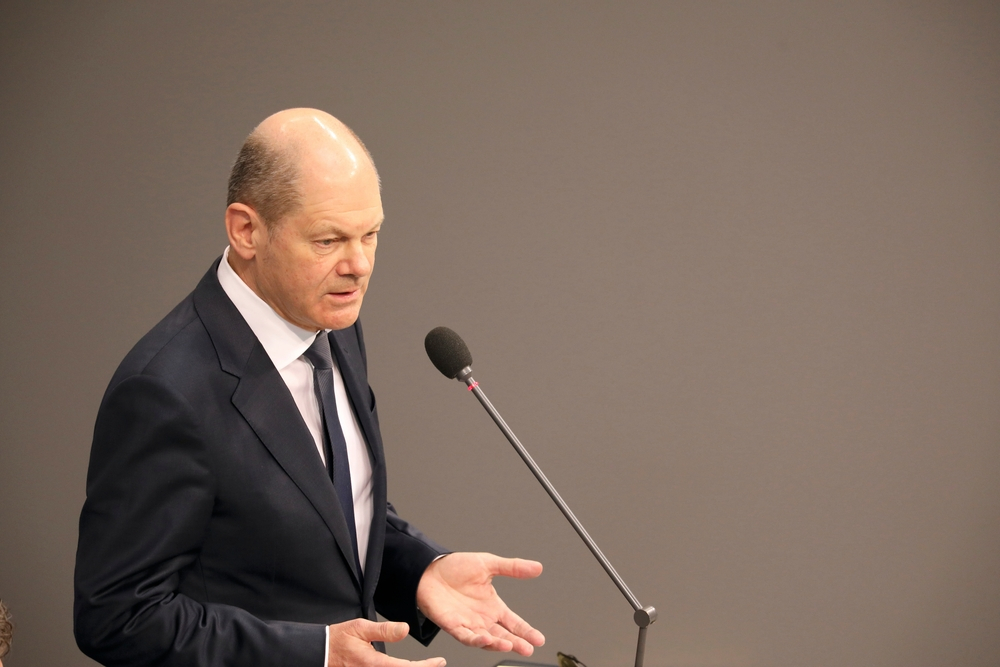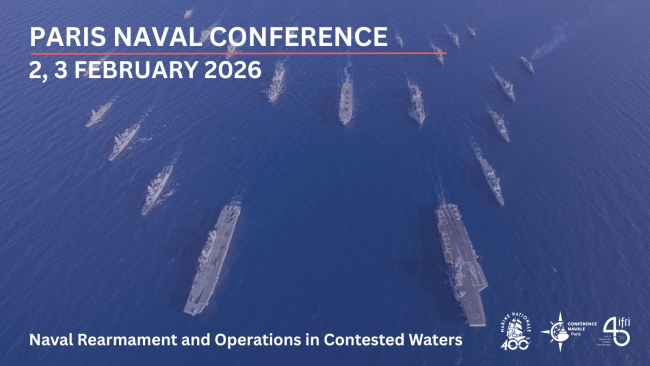
Practical information
Themes and regions
Related centers and programs

Following the Russian invasion of Ukraine, Chancellor Scholz announced a “Zeitenwende” (turning point), whose main goal is to adapt the German foreign and security policy to the new geostrategic context.
In the field of defense, the declared objective is to make the Bundeswehr the most effective army in Europe. To this end, Chancellor Scholz announced the creation of a one-time special fund of 100 billion Euros for defense procurement as well as an increase in the defense budget to 2 % of GDP.
How to assess the impact of this financial surge for the German forces in the light of the political discussion in the German parliament? Beyond the financial resources, what are the most critical issues to be tackled in order to secure a stable and efficient modernization process?
Moderation
Éric-André Martin, Secretary General of the Study Committee on Franco-German Relations (Cerfa), Ifri.
Speakers
Paul Maurice, Research Fellow, Study Committee on Franco-German Relations (Cerfa), Ifri.
Torben Schütz, Associate Fellow, German Council on Foreign Relations (DGAP)’s Security and Defense Program.
The day prior to the debate, registered participants will receive the link to join the session.
Replay
Speakers
Related Subjects
Other events

Paris Naval Conference 2026: Naval Rearmament and Operations in Contested Waters
This fourth edition of the Paris Naval Conference (CNP), bringing together high-level military, industrial, and academic speakers, will address the challenges associated with general naval rearmament and naval operations in increasingly contested environments.

Is Fusion Coming Faster and Cheaper than Expected?
ITER was for long time the embodiment of fusion as an international, long standing R&D cooperation objective to seek a new way to produce safe, low carbon and abundant low carbon electricity. Yet over past years, fusion start ups, several governments and investors have decided to push fusion R&D and deployment to complement ITER. Major efforts are ongoing notably in the United States, China, Germany, Italy.

EV Supply Chains for Japan and Europe: Strengthening Economic Security
Economic security aims to ensure the resilience of supply chains for key industries: the case of electric vehicle production in Japan and Europe will be discussed.











